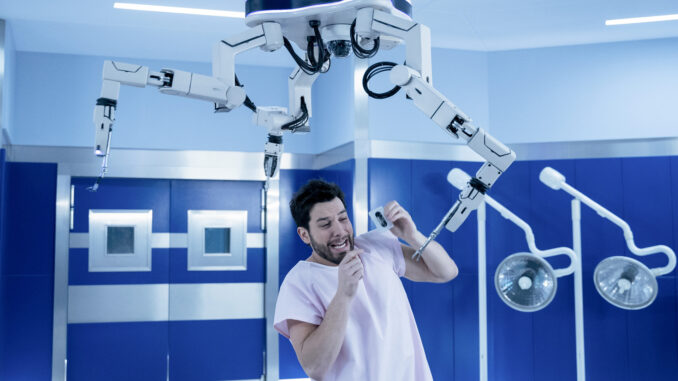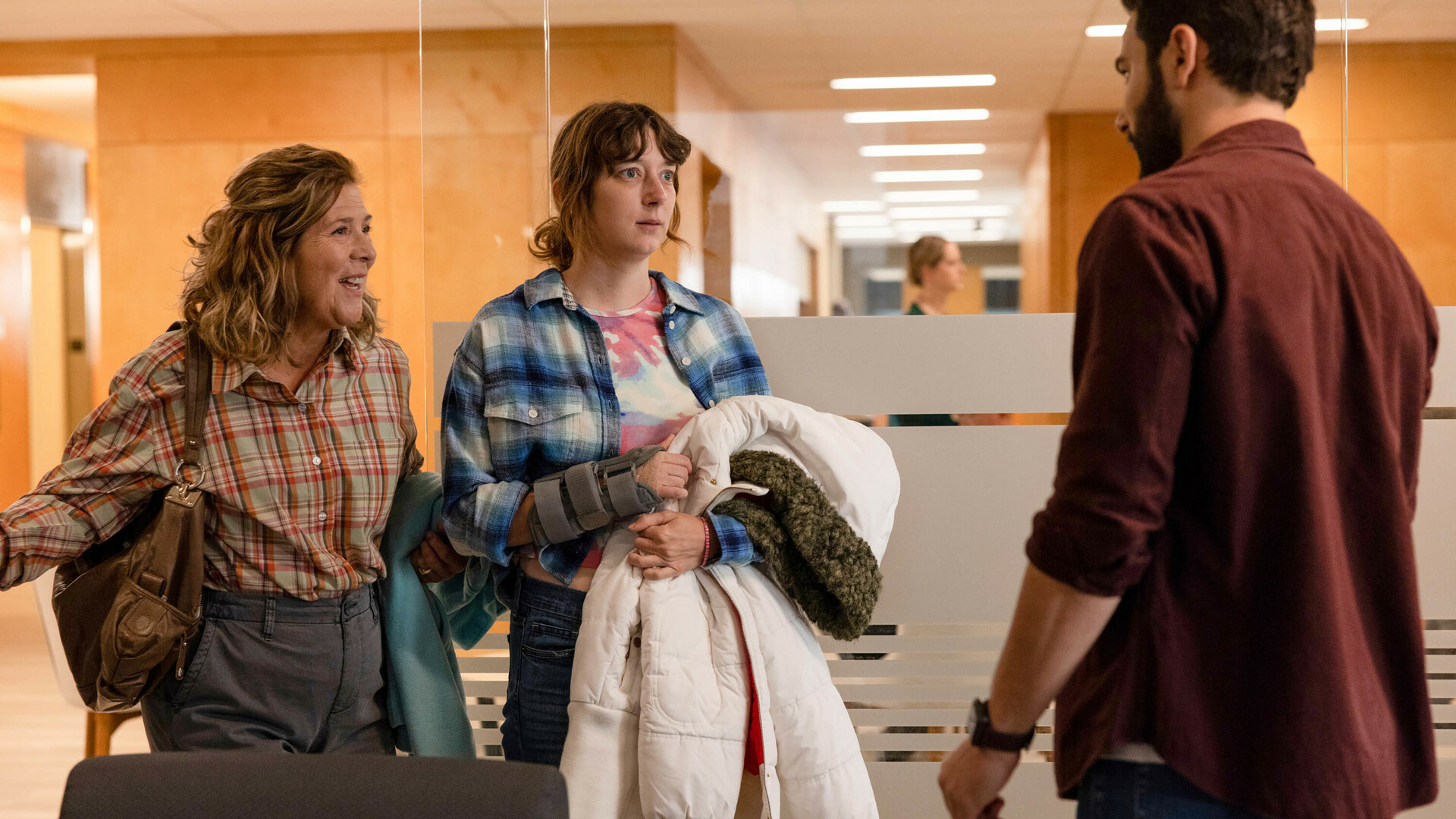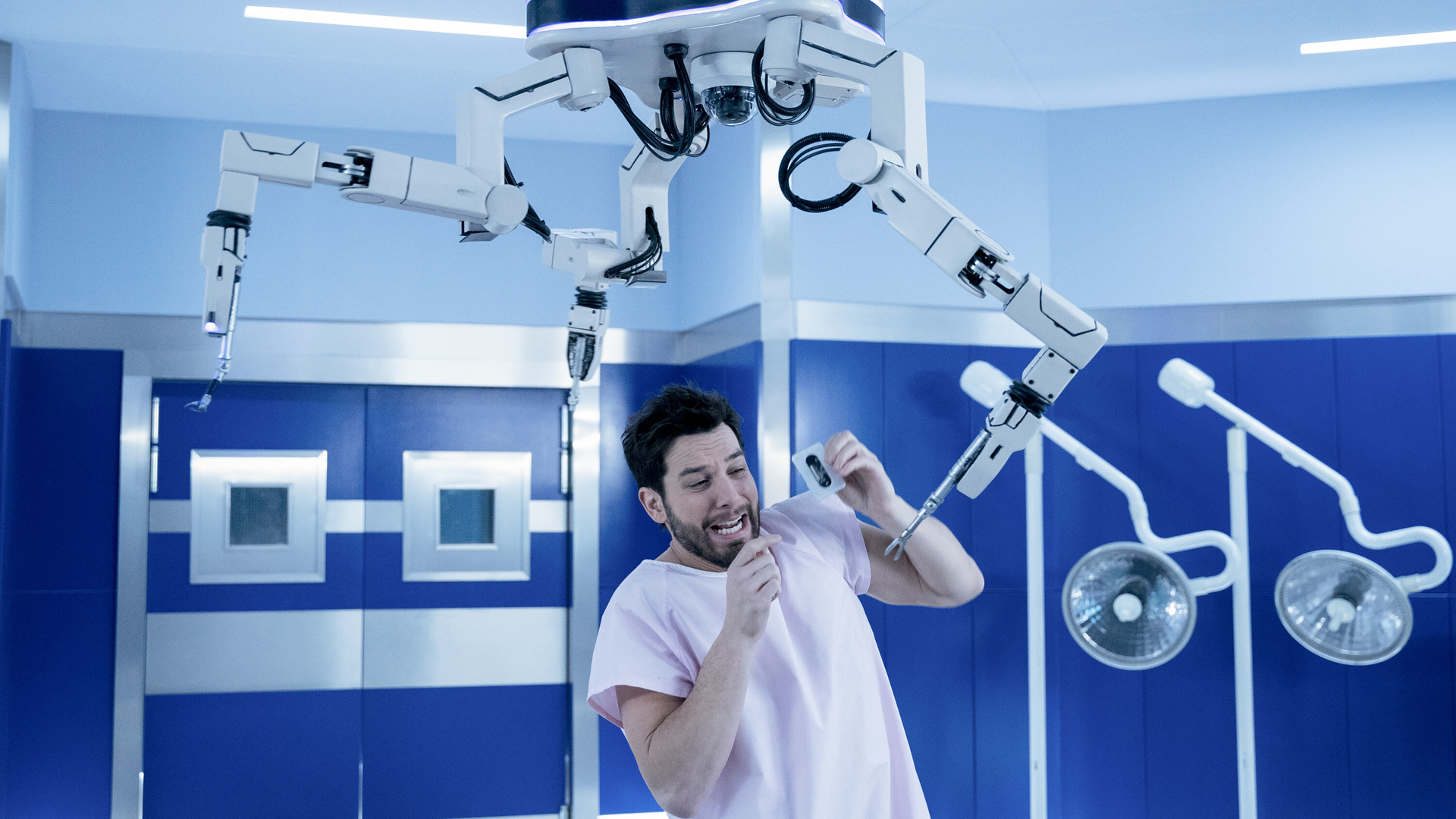
If you’ve been craving authentic LGBTQ+ representation that doesn’t feel like a cliché parade, you’re not alone.
Matthew Wilkas just dropped some truth bombs about how So Help Me Todd isn’t your typical “gay side character” narrative—and honestly, it’s about time.
In a world where media often boxes queer characters into tired tropes, this show is flipping the script.
Let’s dive deep into how So Help Me Todd and Matthew Wilkas are shattering old molds and crafting a fresher, more human story.

What Makes ‘So Help Me Todd’ Different?
A New Kind of Storytelling
Unlike many shows where LGBTQ+ characters exist just to be “the gay friend,” So Help Me Todd weaves them naturally into the narrative.
They’re just people—with quirks, flaws, and dreams—not caricatures.
The Power of Nuanced Characters
Wilkas emphasizes that the show doesn’t reduce queer people to their sexuality.
They get to be heroes, villains, dreamers, and jokesters—just like everyone else.
Matthew Wilkas: A Voice We Can Trust
Who Is Matthew Wilkas?
If you don’t know him yet, you’re missing out.
Wilkas is an actor, writer, and advocate who’s long been vocal about authentic queer storytelling.
Why His Perspective Matters
Wilkas has lived through the good, the bad, and the ugly of Hollywood’s LGBTQ+ portrayal.
When he talks about breaking barriers, he’s speaking from experience.
Tearing Down the Stereotypes
No More One-Note Characters
You know the type: the sassy gay friend with no storyline of his own.
So Help Me Todd says goodbye to that lazy trope for good.
Normalizing, Not Tokenizing
In this show, being queer is part of the character’s identity, but it’s not their only defining feature.
That’s the real win here.
The Evolution of Queer Representation
From Tragedy to Triumph
Historically, queer stories were either tragic or sidelined.
Now? Shows like So Help Me Todd are giving us layers, humor, and heart.
A Seat at Every Table
Wilkas believes the future of LGBTQ+ storytelling is inclusive, diverse, and, most importantly, normalized.
What Matthew Wilkas Hopes Audiences Take Away
Representation That Resonates
It’s not enough to be visible; it’s about being seen accurately.
Wilkas wants queer viewers to feel genuinely represented—not patronized.
Breaking the Chains of Expectation
Forget the outdated idea that queer characters must fit into specific molds.
Authenticity is the new cool.
How ‘So Help Me Todd’ Balances Humor and Heart

Laughter Without Cruelty
Comedy about LGBTQ+ characters often veers into mockery.
Here, humor comes from real, relatable life moments.
Emotional Arcs That Matter
Every character gets a real emotional journey, not just a punchline.
Behind The Scenes: Creating Authentic Characters
Writers Who Get It
A diverse writers’ room helps ensure the characters aren’t stereotypes.
Wilkas praises the show’s commitment to authenticity.
Input from LGBTQ+ Actors
Wilkas and others actively shaped their roles, adding realness that leaps off the screen.
The Impact on Young Queer Viewers
Seeing Yourself Without Apology
Young viewers need to see that they can be anything—not just a sidekick or a sob story.
Role Models Without The Heavy Hand
Characters inspire without feeling preachy.
It’s empowerment through subtle, powerful storytelling.
Why Breaking Labels Matters More Than Ever
Beyond the Binary
Wilkas stresses that life isn’t black-and-white, and neither are identities.
Shows like So Help Me Todd reflect that beautiful complexity.
Freedom to Just Be
When characters aren’t shoved into neat boxes, it gives viewers permission to be their messy, glorious selves too.
The Future of LGBTQ+ Stories According to Wilkas

More Voices, More Stories
One show isn’t enough.
Wilkas dreams of a future where queer stories are as varied as life itself.
The End of ‘Firsts’
The goal? A world where LGBTQ+ characters aren’t “groundbreaking” just for existing—they’re just part of the tapestry.
Final Thoughts: Why ‘So Help Me Todd’ Is So Important
So Help Me Todd doesn’t just include LGBTQ+ characters—it respects them, celebrates them, and lets them be hilariously human.
Thanks to voices like Matthew Wilkas, we’re finally seeing stories that feel as complicated, funny, and beautiful as real life.
And honestly? It’s about time.
Conclusion
Matthew Wilkas’s insights remind us that representation isn’t just about ticking boxes—it’s about telling rich, real stories that speak to everyone’s humanity.
So Help Me Todd is a major step forward, offering a fresh blueprint for future shows looking to break out of outdated molds.
Queer characters deserve to be everything: funny, flawed, heroic, ridiculous, and absolutely real.
If you haven’t tuned into So Help Me Todd yet, do yourself a favor and dive in—you’ll laugh, cry, and maybe even feel a little more seen.
